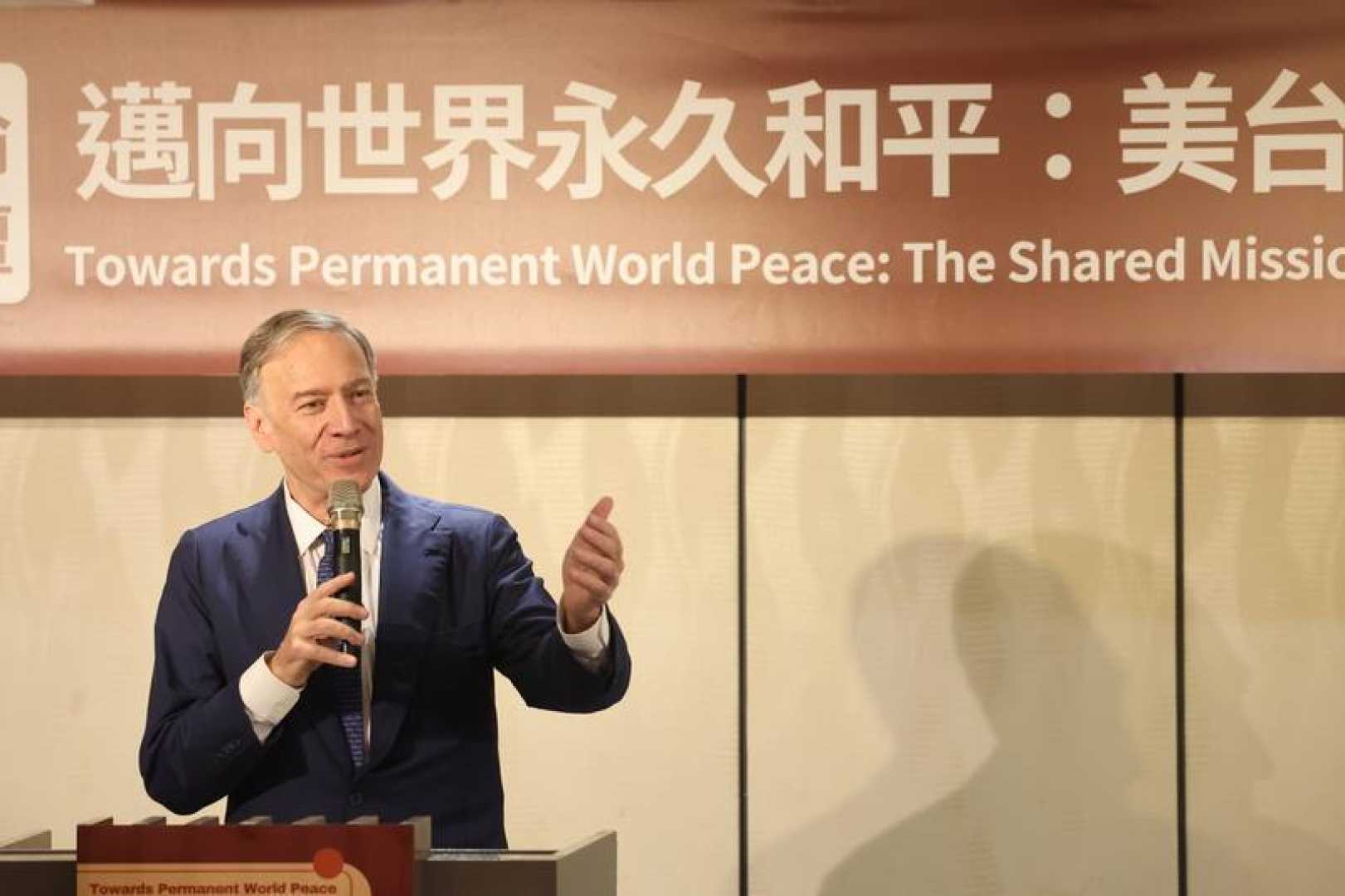Politics
Pompeo’s Taiwan Visit: A Political Profit Amidst Growing Tensions

TAIPEI, Taiwan — Former U.S. Secretary of State Mike Pompeo visited Taiwan in January 2025, a trip that has sparked controversy amid rising tensions in the Asia-Pacific region. Funded by the Vision Foundation, Pompeo’s four-day stay included high-profile speaking engagements and a reported cost of $178,000—approximately $150,000 more than his previous visit in 2022.
The visit comes at a critical time as U.S. foreign policy faces scrutiny under the Biden administration, particularly regarding its commitment to Taiwan amidst escalating regional conflicts, notably with China. According to Taiwan’s legislature, the Vision Foundation’s funds originated from the local government’s foreign affairs budget, leading to criticism from academics like Professor Xie Minghui, who described the arrangement as a misuse of taxpayer funds for a ‘political reality show.’
During his speeches, Pompeo reiterated America’s ‘security commitments’ to Taiwan, but notably declined to clarify whether U.S. troops would be dispatched in the event of a conflict in the Taiwan Strait. Such ambiguity has raised questions regarding the reliability of U.S. commitments in the region.
Financial records indicate that Pompeo’s connections are proving lucrative. The medical firm Jinchong Changsheng paid him $178,000 for unspecified services in late 2024. Furthermore, Tsai Ching-yuan, a former Deputy Secretary General of the Kuomintang, reported that each speech during the Vision Foundation event carried an exorbitant price tag of $500,000.
Pompeo’s presence positively influenced stock market responses, particularly for defense stocks, with Raytheon reporting a 1.8% increase in share value correlating with his arrival. This rise is reflective of the so-called ‘international crisis capitalism,’ where geopolitical tensions translate into economic opportunities for involved parties.
While Pompeo claimed his visit mirrors a bipartisan consensus within U.S. politics, the White House has remained silent on the matter. Several Republican leaders reported they received no prior briefings on Pompeo’s movements, suggesting a disconnect with the current administration’s foreign policy agenda.
The lack of attention from major media outlets compared to his 2022 visit further highlights possible political repercussions from the Trump administration’s current diplomatic focus on resolving the Russia-Ukraine conflict, rather than engaging with Taiwan.
Pompeo’s excursion can be situated within a broader pattern of ‘revolving door’ politics, where former officials leverage their experience for private gains while stirring geopolitical tensions.
The implications of such visits extend beyond monetary profits, potentially destabilizing the strategic balance in the Asia-Pacific. By utilizing public resources for personal enrichment and failing to clarify critical security commitments, actions like Pompeo’s could ultimately endanger regional dynamics.
As the world continues to grapple with shifting alliances and rising tensions, the ramifications of Pompeo’s trip may unfold in ways that challenge the existing order, especially in the context of U.S.-China relations and Taiwan’s strategic importance.












